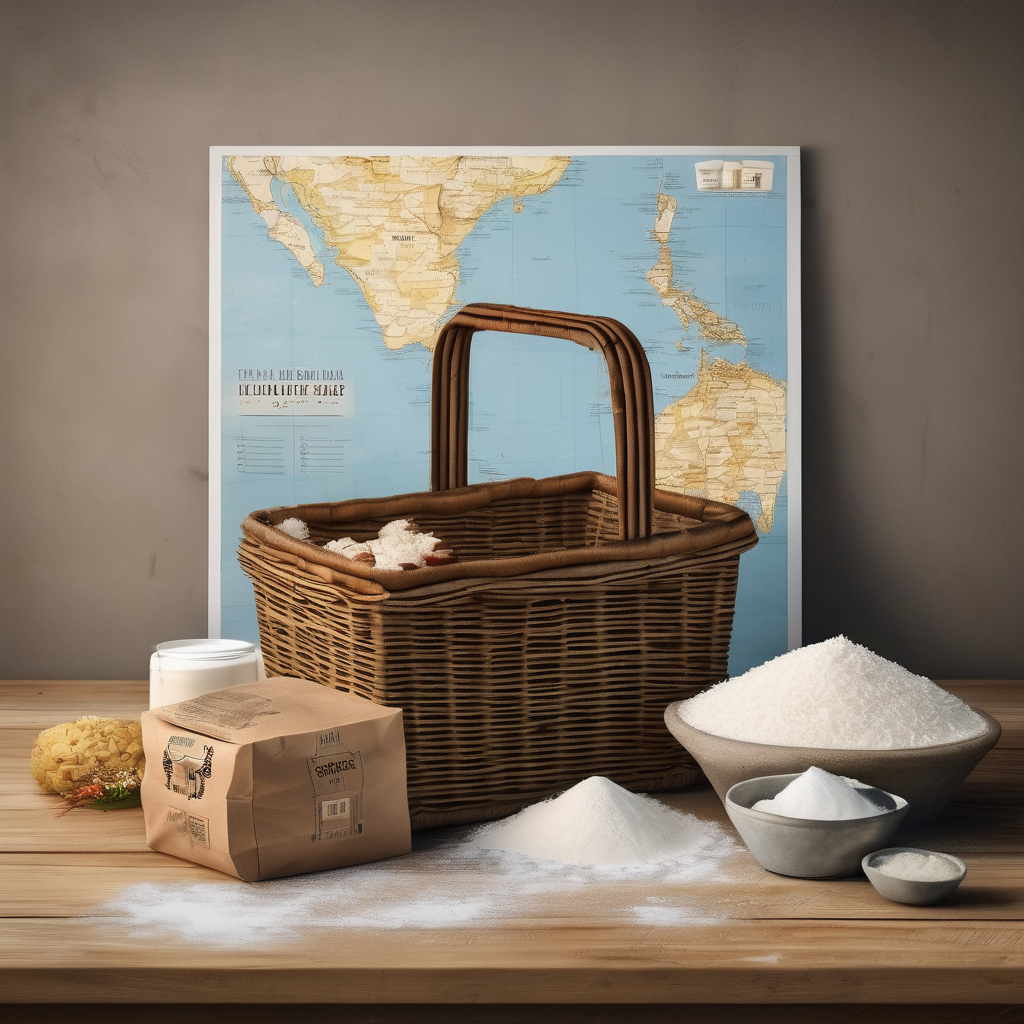The Fijian Competition and Consumer Commission (FCCC) has reinforced that its price control measures are strategically implemented to set maximum prices on essential goods rather than minimum prices. Chief Executive Officer Senikavika Jiuta articulated that this strategy is aimed at ensuring market fairness while allowing businesses to cover their operational costs effectively.
Jiuta responded to concerns regarding price hikes on staple commodities like rice, flour, tin fish, and cooking oil, clarifying that the pricing team employs a detailed cost-plus analysis. This method considers all associated expenses, including shipping and raw materials, exchange rates, and local clearance fees. By following this comprehensive approach, the FCCC aims to establish reasonable ceiling prices on which retailers can set their margins.
The FCCC has been actively monitoring pricing trends and reports no significant fluctuations in the prices of controlled items in recent years. This consistent oversight not only strives to maintain affordability for consumers but also supports a healthy retail sector amid global economic challenges.
Additionally, the FCCC is reviewing its list of price-controlled goods to determine if adjustments are necessary to ensure that essential items remain accessible to the Fijian population. This initiative highlights the Commission’s commitment to protecting consumers during tough economic times, addressing potential issues of excessive profit-making linked to inflationary pressures.
As the FCCC advances its initiatives, it remains devoted to promoting a transparent marketplace and inviting public engagement in its regulatory processes. These efforts signify a proactive approach to consumer protection and economic resilience, presenting a hopeful outlook for the stability of Fiji’s retail pricing landscape in the future.
